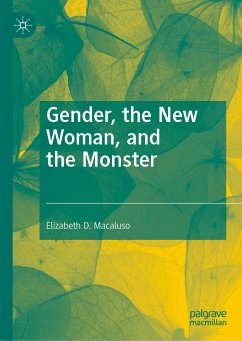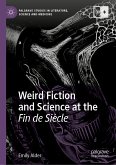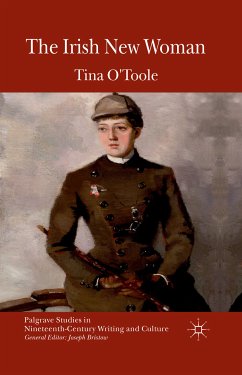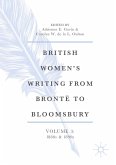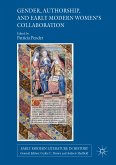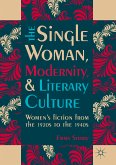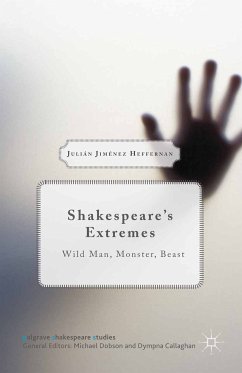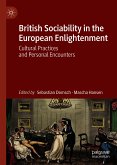This book, thefirst on the relationship between the figure of the monster and the New Woman, argues that there is hidden complexity to the New Woman. Her sexuality was complicated and could move between categories of sexuality and friendship for late Victorian women, and the way that the fin-de-siècle populace viewed her was just as multifarious. Further, the narratives of her tragedies ironically became narratives that advocated for her survival.
Elizabeth D. Macaluso teaches and tutors writing at Queensborough Community College, USA. She previously taught Victorian and British fin-de-siècle literatures and topics in rhetoric and composition at Binghamton University, USA. This is her first critical book on the late Victorian period. Macaluso is also a published poet, with poetry featured in VIA, Arba Sicula, The Paterson Literary Review, and the San Diego Poetry Annual. Her first volume ofpoetry, The Lighthouse, will be published by Guernica Editions. Macaluso has earned The Dr. Alfred Bendixen Award for Distinguished Teaching by a Graduate Student in English and the Graduate Student Excellence Award in Teaching for her work with Binghamton University undergraduates. She has attended numerous conferences on her critical and creative work.
Dieser Download kann aus rechtlichen Gründen nur mit Rechnungsadresse in A, B, BG, CY, CZ, D, DK, EW, E, FIN, F, GR, HR, H, IRL, I, LT, L, LR, M, NL, PL, P, R, S, SLO, SK ausgeliefert werden.
"The book is well organized, and it presents thoughtful and thorough readings of these three novels. ... Gender, the New Woman, and the Monster is an insightful and readable analysis of three significant novels of 1897 and their historical moment, and in it, Macaluso points the way for more such valuable studies of the important and enduring figure of the New Woman." (The Victorian Web, victorianweb.org, November 6, 2020)

